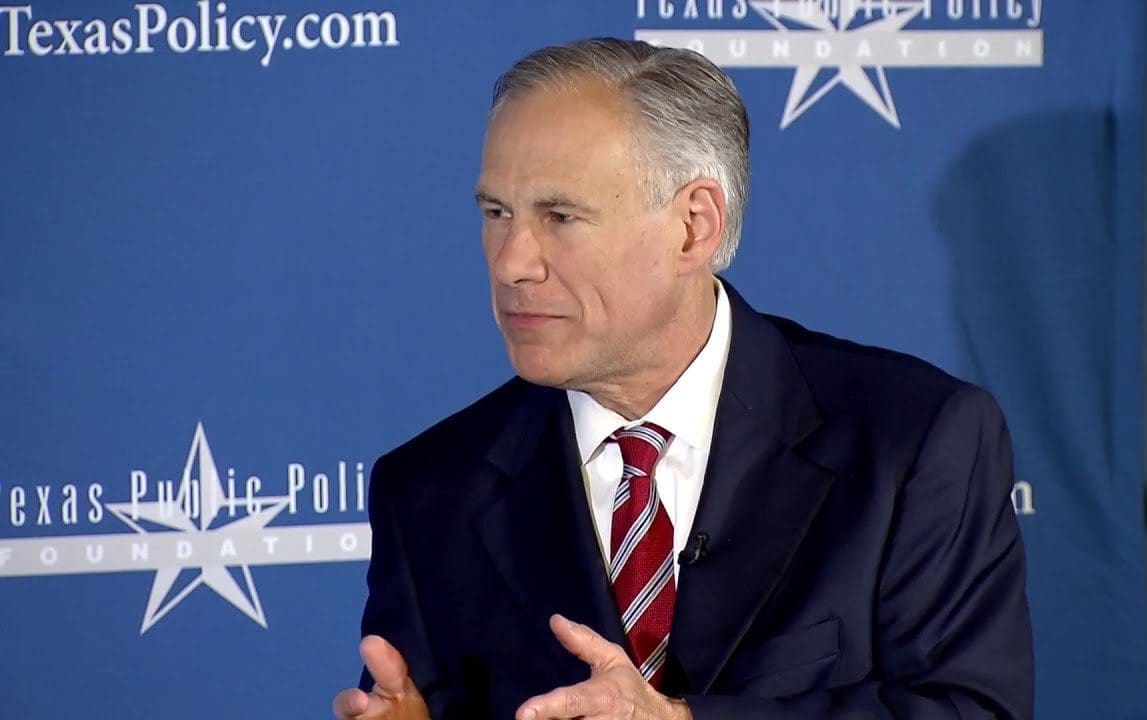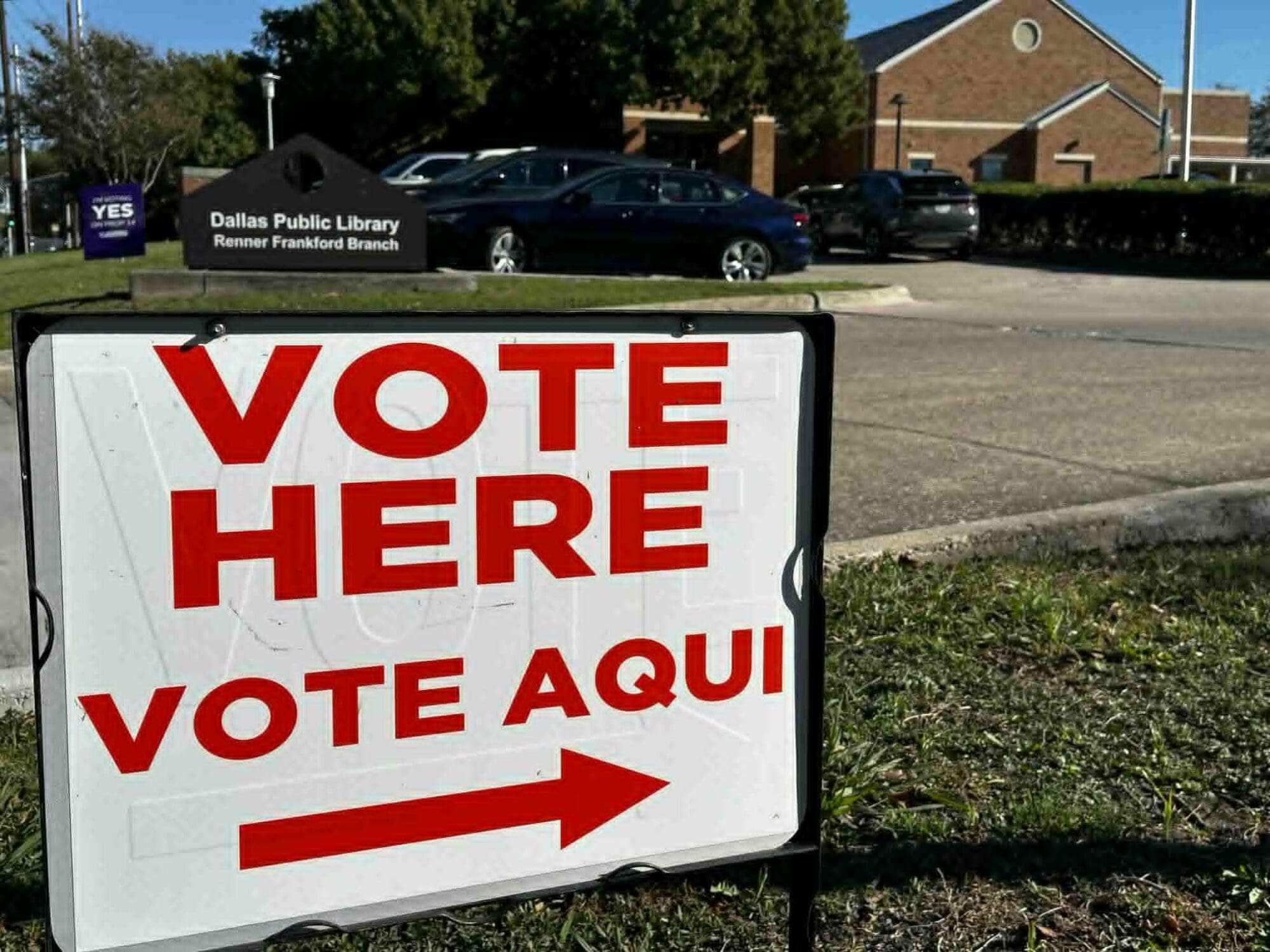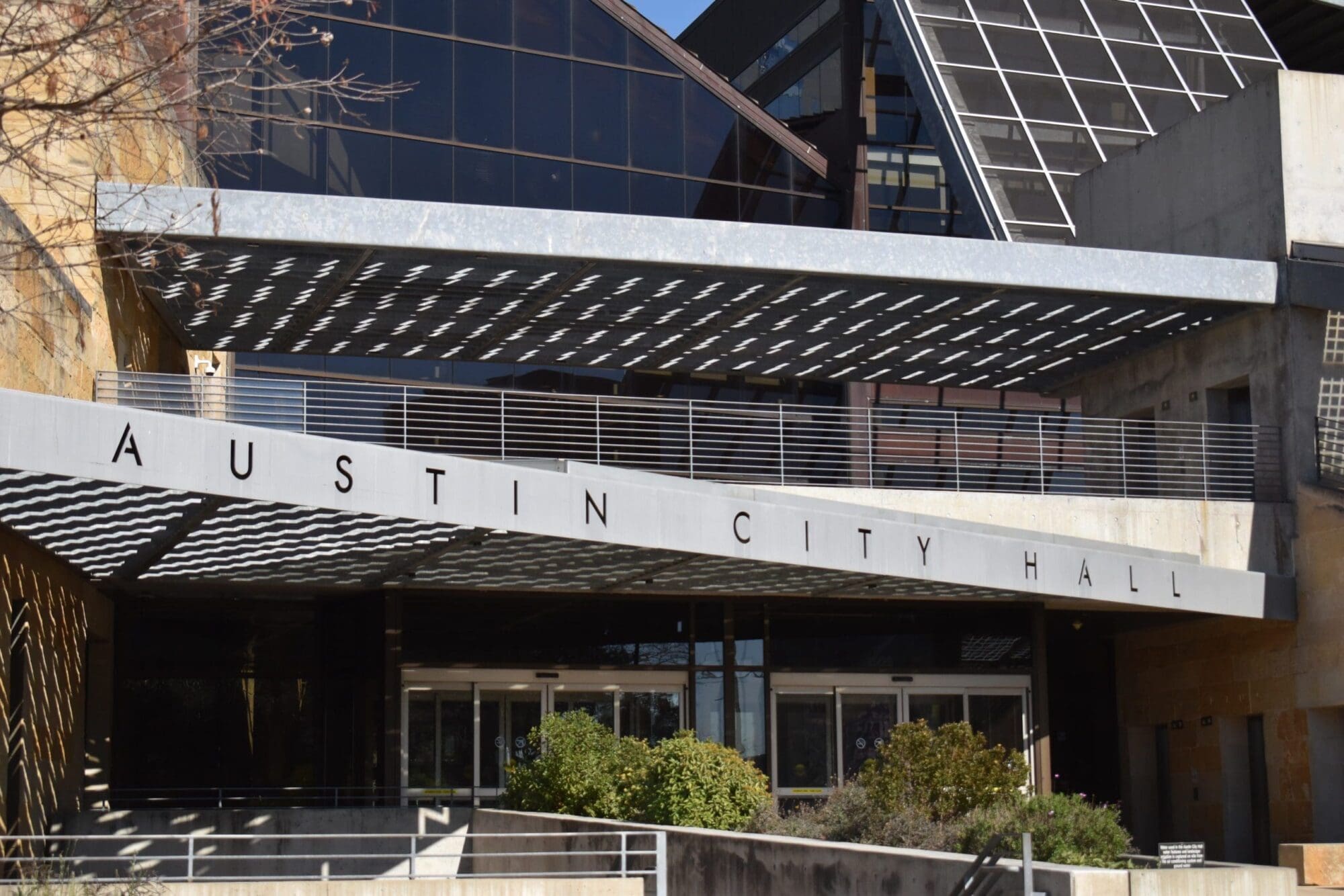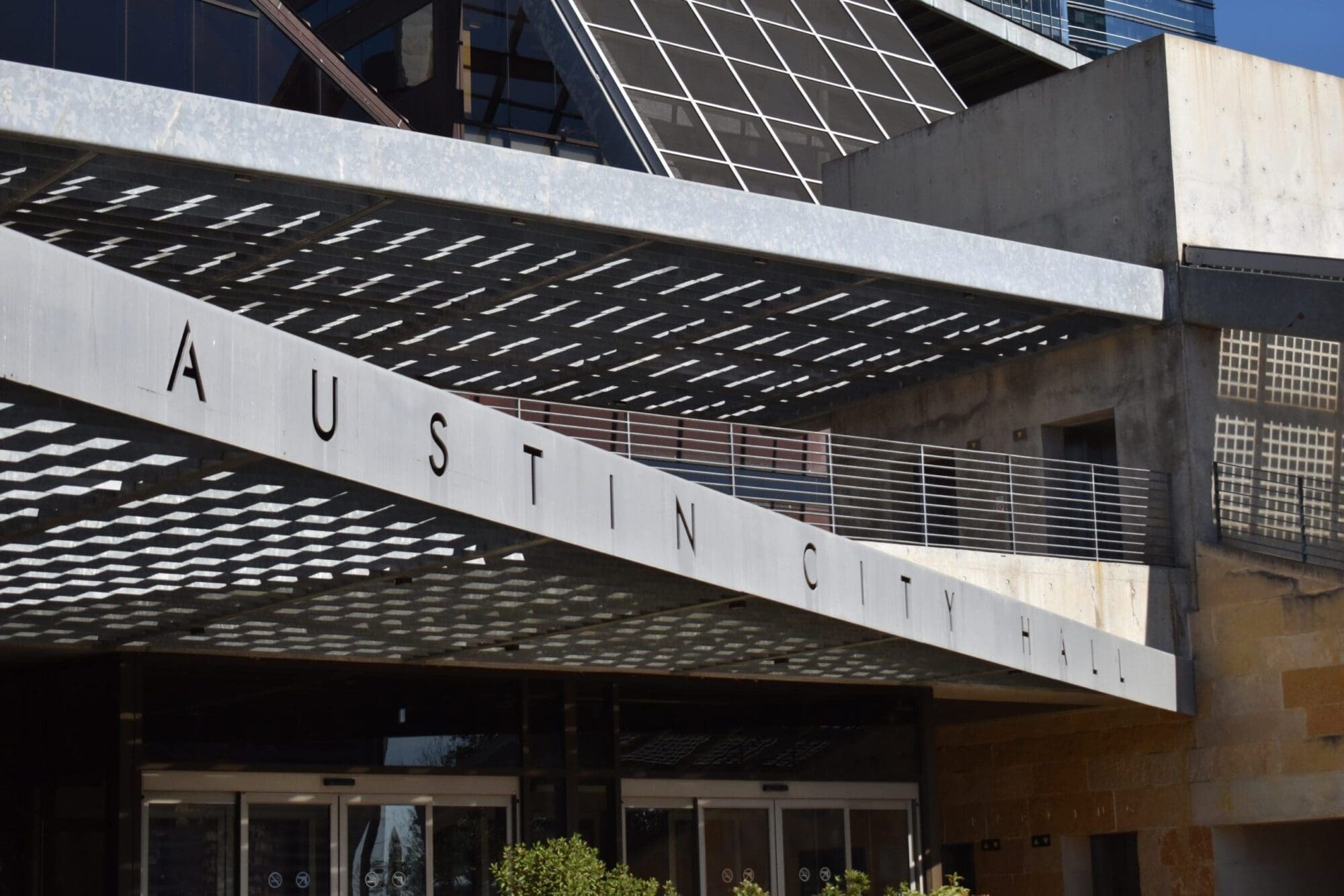Wednesday, Texas Gov. Greg Abbott announced additional items for consideration by the Texas Legislature during the ongoing third special legislative session.
The agenda additions include property tax relief and a proposed constitutional amendment related to bail reform.
“These two additional agenda items are crucial to improving the quality of life for all Texans. I look forward to working with my partners in the Legislature to pass these additional items that will lower property taxes and keep Texans safe,” Abbott said.
Property Tax “Relief”
The issue of property tax relief was not something prioritized in the 87th regular legislative session, even though Texans all across the state were reporting ever-increasing property tax burdens. Instead, legislation purporting to provide relief was passed in the second special legislative session and hailed by both Abbott and the Senate and House sponsors as tangible relief. The issue is that it was only for select classes of Texans and would not be everlasting or ultimately change how the tax burden is calculated.
In the final week of the second special session, the Senate filed and passed legislation that would actually provide some relief. It was never able to be considered in the House.
When Abbott announced the ongoing third special legislative session, he originally did not include additional property tax relief on the agenda. Lt. Gov. Dan Patrick still included it as one of his legislative priorities announced last week, and House Speaker Dade Phelan had indicated support of such an approach.
The legislation being considered during the ongoing special session has already been passed out of the Senate Finance Committee and is expected to be considered by the overall Senate soon. The House has also already filed its version, but it has not yet been referred to a House committee for consideration.
If the legislation passes, it is estimated that for homes valued at about $300,000, property owners could see relief in the amount of about $200.
Bail Reform
Originally an issue deemed an emergency legislative item during the 87th regular legislative session that concluded in May, its legislative prospects were cut short due to a House Republican leadership-enabled quorum break on the penultimate day of the session.
In turn, Abbott added the issue to both the first and second called special legislative sessions.
Notably, only a portion of the bail reform legislative package passed through the legislative process in the second special legislative session. The proposed constitutional amendment passed the Senate by a vote of 27-2. Once considered in the House almost three weeks later, the bill failed to pass because it did not have the necessary 100 votes needed, garnering the support of only 87 House lawmakers.
The legislation sought to amend the Texas Constitution to expand the conditions under which judges and magistrates are authorized to deny bail and would have established procedures for when bail was denied in these cases.
Currently, bail may be denied and defendants can be detained during the pre-trial period only in very limited circumstances. Supporters of the bail reform efforts believe it would make Texas safer, as it takes a holistic approach to setting bail by considering whether or not the accused appears in court as well as the safety of the community, law enforcement, and the victims of the alleged offense. Supporters cite the 2017 killing of Texas Department of Safety trooper Damon Allen as an example, as he was shot during a traffic stop by an individual who had previously been released on bail despite having been a repeat offender with a violent past.
Critics of the legislation believe that the legislation would have been too broad of an expansion of the circumstances by which bail could be denied. They indicate that defendants are presumed innocent, and detaining them pre-trial inverts that presumption. They believe that judges and magistrates currently have tools they are allowed to use under current law to monitor defendants accused of serious crimes. These tools include electronic monitoring, house arrest, curfews, and drug and alcohol testing.
Now that it has been added to the ongoing special session again, it is unclear what, if anything, has changed to amass the additional support needed to finally pass.
Absent Priorities
Notably, Abbott did not add the remaining legislative priorities of his own party to the agenda. Those legislative priorities include things like a ban on the practice of taxpayer-funded lobbying, protecting monuments, or the prohibition of gender modification on children.
The Agenda as it Stands Now
- Redistricting
Legislation relating to the apportionment of the State of Texas into districts used to elect members of the Texas House of Representatives, the Texas Senate, the State Board of Education, and the United States House of Representatives.
- Appropriation of Federal COVID-19 Relief Money
Legislation providing appropriations from the American Rescue Plan Act of 2021 (ARPA), Pub. L. No. 117-2.
- Youth Sports
Legislation identical to Senate Bill 29 as passed by the Texas Senate in the 87th Legislature, Regular Session, disallowing a student from competing in University Interscholastic League athletic competitions designated for the sex opposite to the student’s sex at birth.
- Vaccine Mandates
Legislation regarding whether any state or local governmental entities in Texas can mandate that an individual receive a COVID-19 vaccine and, if so, what exemptions should apply to such mandate.
- Restraint of Dogs
Legislation similar to Senate Bill 474 as passed by the 87th Legislature, Regular Session, but that addresses the concerns expressed in the governor’s veto statement.
- Additional Property Tax Relief
Legislation providing additional property-tax relief for Texans.
- Bail Reform
Legislation proposing a constitutional amendment to further protect the safety of the community, law enforcement, and victims, from accused criminals who may be released on bail, including by giving magistrates the discretion to deny bail under some circumstances to people accused of certain violent, sexual, or trafficking offenses.
The third called special legislative session began on September 20 and has the ability to last until October 19, 2021. It is possible that Abbott will add more items to the agenda.





